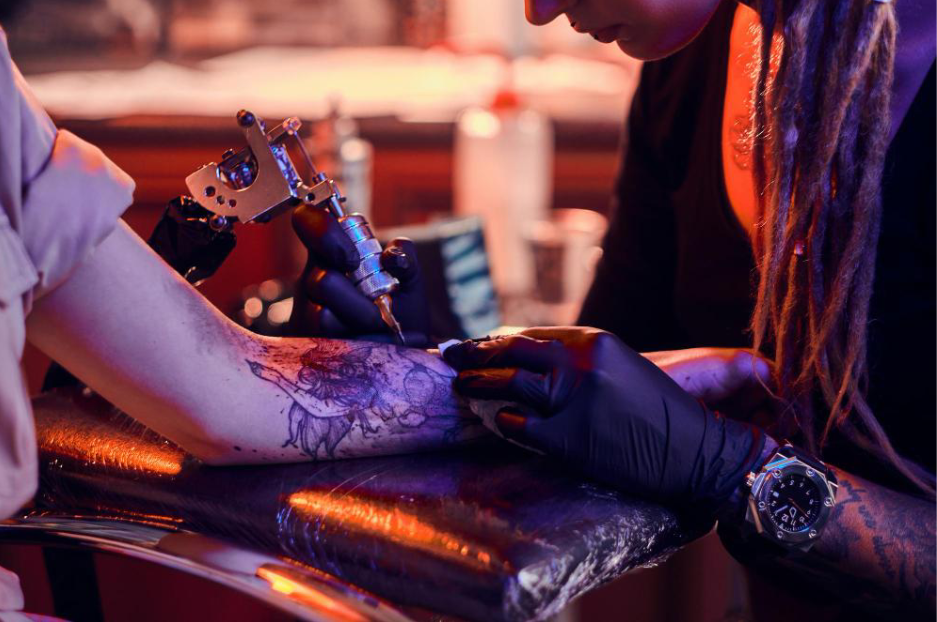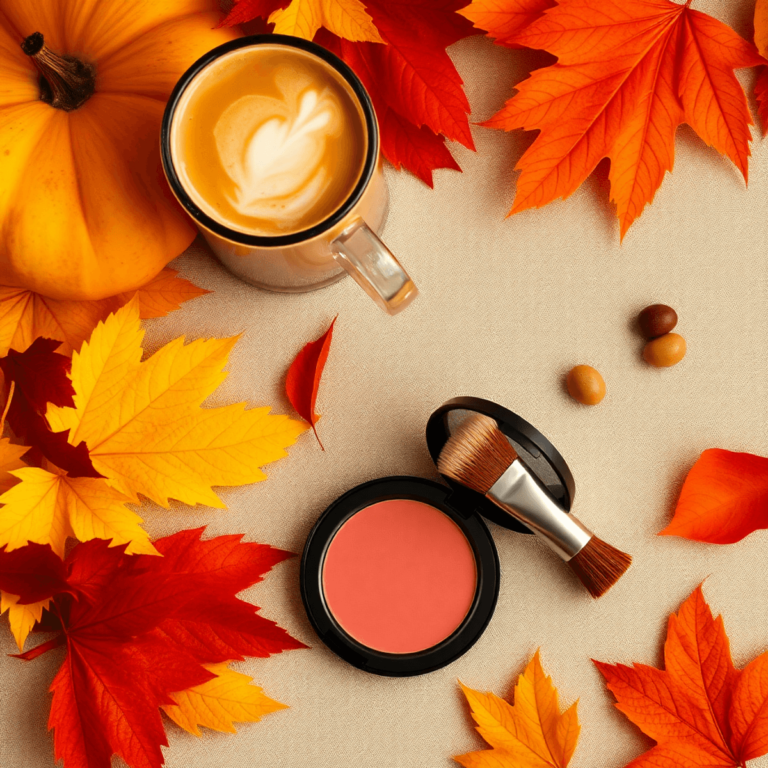The main precautions after getting a tattoo.

The main precautions after getting a tattoo.
In this reading, we’ll learn about the importance of care before and after getting a tattoo, from
recommendations to methods for achieving a beautiful appearance over the years.
About tattoos
Tattooing is a type of art that has been with humanity for thousands and thousands of years.
Its earliest records date back to around 3000 BC, such as the mummy Similaun who had 61
tattoos.
During ancient Egypt, women in the king’s harem and pregnant women were marked on their
accessories to protect them during childbirth.
Since time immemorial, this tradition has been important and adopted by people from
different cultures around the world, each with its own meaning.
In ancient Rome, tattoos were associated with criminals, worn as a mark; later, the army
began to wear them as a medal of honor and courage.In the modern world, the function and perception of tattoos by society is very different
compared to the old days, when they were used for very different purposes.
Tattoos and diet
It’s essential to take into account the location of the studio where you’ll be getting your tattoo,
as well as the diet plan after the procedure.
By eating the right foods, you’ll go a long way towards avoiding future complications and
healing quickly.
According to the Mecontaaqui website, avoid inflammatory foods, with large amounts of
sugar or saturated fats, as these can induce inflammatory processes in your body, which in
turn interfere with the healing of the tattoo.
Consequently, you need to give up sweets, soft drinks, ice cream filled with various
ingredients, candy and fried meat meals.
Prioritize foods with healing properties, which should be introduced into your diet. Avocado,
walnuts, kiwi fruit, mango, chickpeas and yogurt are some of the foods you should eat to
help your skin recover.
Stay hydrated, drink plenty of water and you’ll have better skin. It also helps with wound
healing; water is a necessary means, as well as providing nourishment to damaged skin, it
also removes toxins from the body.
Fruits such as oranges, green leafy vegetables and pumpkin seeds are the healthiest food
options you can have.
Avoid alcohol and tobacco, as the body’s ability to recover decreases with the consumption
of these items.
Maintain hygiene on site
As tattooing is an invasive procedure that causes damage to the skin, you also need to take
other precautions.
For example, treating the area with healing ointment, as well as keeping the skin clean at all
times.
Ideally, the area should be covered with thin plastic for a few hours after the session to avoid
skin contact with animal hair, dirt, insects and more.
You should also wash the area every day with running water and neutral soap, using your
fingers gently to clean it and then wipe it dry with absorbent paper.There are also moisturizing creams with vitamins C and E that can be used to help the skin
heal and glow.
The first 2 weeks are a delicate period after the tattoo, so be careful not to scratch the area
and apply sunscreen to avoid burns and possible scars.
In addition, it’s a good idea to avoid the beach or swimming pool for a few weeks; the ideal is
to return to swimming, water aerobics or diving only when the skin has completely healed.


![Check Out the Trendy Fashion of Coachella 2024 [PHOTOS] Check Out the Trendy Fashion of Coachella 2024 [PHOTOS]](https://beautynewsflash.com/wp-content/uploads/2024/04/1713155213_Check-Out-the-Trendy-Fashion-of-Coachella-2024-PHOTOS-768x520.jpg)







